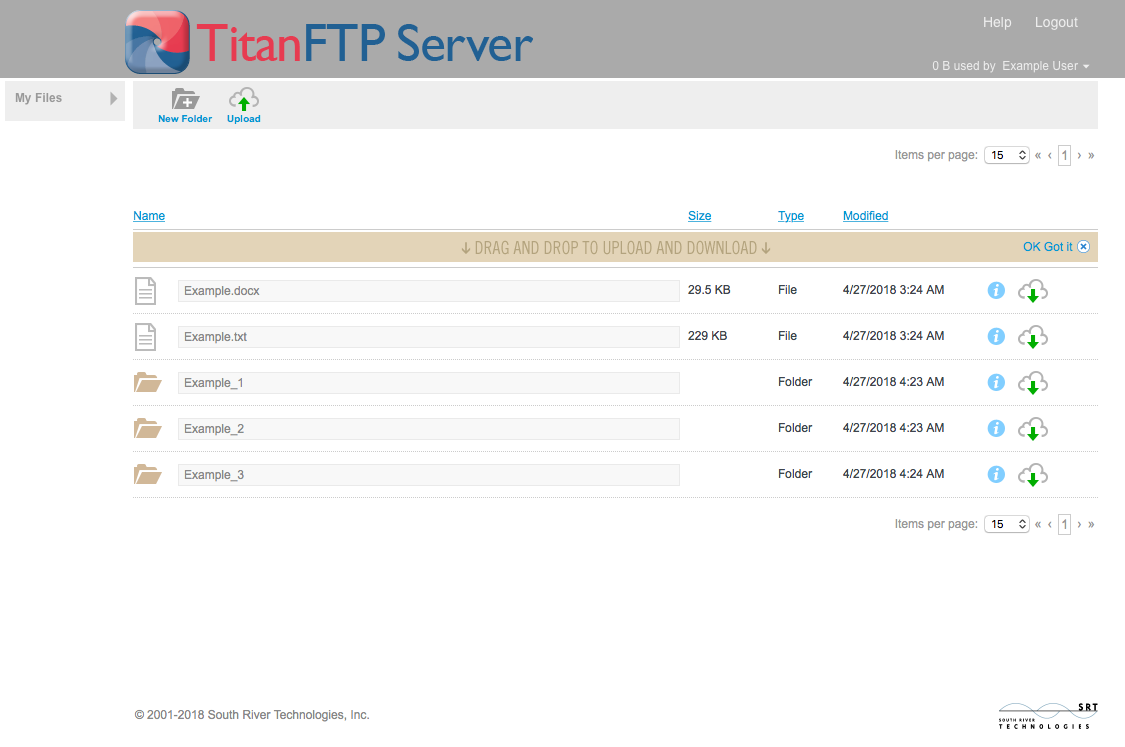 A new term has been circling around online forums and tech sites: hybrid hosting. You’ve probably already heard about it, but if you didn’t, here’s a very short explanation: hybrid hosting is a combination of dedicated servers, clusters and new cloud hosting solutions that allows a much greater flexibility and compatibility with older applications and systems.
A new term has been circling around online forums and tech sites: hybrid hosting. You’ve probably already heard about it, but if you didn’t, here’s a very short explanation: hybrid hosting is a combination of dedicated servers, clusters and new cloud hosting solutions that allows a much greater flexibility and compatibility with older applications and systems.
Many hosting providers have already started selling their own hybrid hosting offers, with slight variations in the approach and software used for the purpose. There are also some companies that believe that hybrid hosting is the future and choose to focus only on it (like for example, GoGrid).
They aren’t that far off with that assumption, because even if cloud hosting completely overtakes shared, VPS and dedicated servers, there will still be quite a lot of applications for these older technologies, and they will have to be used in conjunction with the new clouds, which will naturally lead to hybrid hosting in most major data centers.
But enough about history and predictions of the future. Let’s focus on the reasons why you would want to use hybrid hosting and when you would need to get such a solution.
Thanks to the cloud hosting technology being so versatile, it can be used for nearly every purpose you can think of. You can create virtual shared accounts and virtual dedicated servers that act just like the real deal and can be “upgraded” at any time, in mere minutes. So, where do other hosting technologies fit in this picture? Well, in compatibility issues, of course!
You see, we’ve used dedicated servers and variants of them for nearly four decades, and have accumulated tons of information and software that can only run on very specific hardware configurations, and if you removed a single component, they will start giving errors and maybe stop functioning completely.
It would be great if clouds could virtualize those environments, but it appears that the modern code is pretty much incompatible with the older ones, and it will take a full rewrite of the old software to get them working on the new hardware and technologies. That’s years and years of work, and no one want to wait that long before they can start upgrading their systems.
The most affected computing systems are also among the most important – government facilities and services, banks and other financial companies, major corporations that deal with everything from oil extraction to car manufacturing and other important industries that can directly affect the state of the world.
All of them have become dependent on computers in the last couple of decades, and it’s very hard to upgrade them to the newest standards. That’s why most banks in the world still use some obscure custom operating systems (which are the hardest to upgrade or replace), MS-DOS, Windows 2000 or at best, Windows XP. They can’t afford to just take and replace all of their hardware and risk losing the data accumulated over the years. Just one day without a major bank’s computer network and a lot of places in the world will be in chaos.
That’s why hybrid hosting exists and will continue to exist – to provide compatibility with older systems. Using hybrid hosting, major corporations and government can start benefiting from the newest advancements in technology while still maintaining a functioning system based on very old designs.
Their new clouds can be connected to the old dedicated servers, and everything can be slowly upgraded until they’re all replaced. Or they could create a wrapper around the old software, but that would be pretty unwise. There are many variants, but one thing is for sure – they will need hybrid hosting solutions and while they exist, any other individual and small business in the world can also benefit from it.










Comments